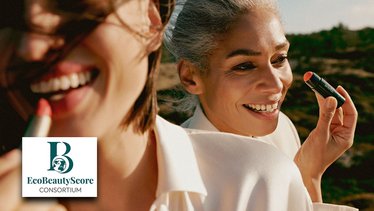
How sustainable is the shower gel I use every day? Does the new skin care with its natural ingredients deliver what it promises? As a member of the EcoBeautyScore Consortium, the DOUGLAS Group is involved in the development of a standardized product label for evaluating the environmental impact of cosmetic products. The global initiative aims to provide consumers with better guidance.
Strong alone, stronger together! As the DOUGLAS Group, we are part of the EcoBeautyScore (EBS) Consortium industry initiative and, together with more than 70 international representatives of the beauty industry, we are committed to creating more transparency for our customers. The Consortium’s goal is to develop an industry-wide standard for assessing the environmental impact of cosmetic products. In other words, one label for all.
It matters what we put on our skin. That's why more and more customers are taking a careful look at the ingredients in jars and tubes - and are interesed where they come from. As a company, we have an ambitious sustainability strategy. For example, we have committed ourselves to ensuring that 80 % of our corporate brands are vegan by 2030 and 100 % of our packaging is recyclable, recycled or reusable. In summer 2023, we launched our new "Naturals" skincare range. This contains at least 98 % ingredients of natural origin. But how do consumers find this information on the store shelf or online? How can cosmetic products be classified as sustainable at first glance?
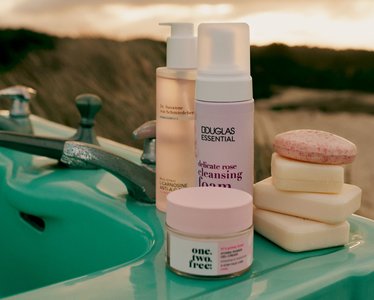
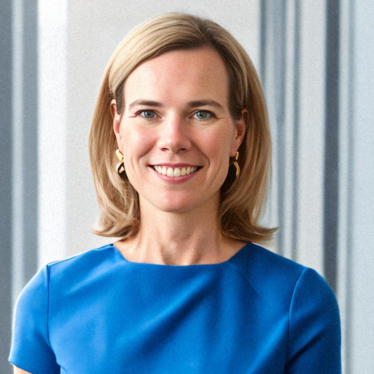
Béatrice Billot, Vice President Brand Management and Activation Corporate Brands at DOUGLAS Group
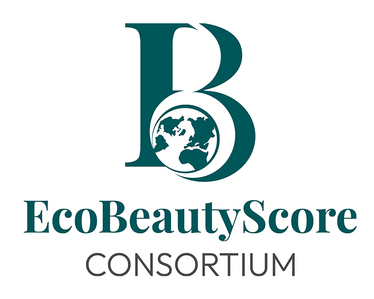
This question is being investigated by the global alliance, which includes stakeholders from the cosmetics industry. Béatrice Billot, Vice President Brand Management and Activation Corporate Brands at DOUGLAS Group, who is responsible for the product development of corporate brands states: "The primary objective of the initiative is to develop a standardised evaluation system for the environmental impact of cosmetic products to improve transparency and comparability. This should enable consumers to make an informed and more sustainable purchasing decision." The initiative includes a common system for the environmental impact assessment of cosmetic products, an assessment mechanism fed by product data from companies and, as a result, a consumer-oriented product label.
Intensive work is being done on this label. "We are feeding data from our corporate brands into the development process, as are our industry partners, many of the large beauty groups that are part of the industry initiative," explains Béatrice Billot. "The parameters are designed with sustainability in mind, including the CO2 footprint and water consumption. The aim is to publish a joint product label that can be communicated externally. The method for this is currently being prototyped." The consortium, which includes global corporations such as CHANEL, L'Oréal, Procter & Gamble and Shiseido, is also working with external expertise, including scientists and NGOs.
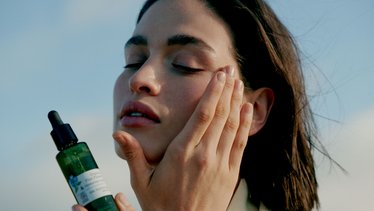
And what should the label look like? Béatrice Billot gives an outlook: "One could say it will be like a nutrition score for beauty products. The specifics of the assessment tool are currently being developed. However, the classification from A to E is similar, as is the logic of comparing products. For example, fragrances are only being compared with other fragrances."
Beauty products may choose to carry this label on a strictly voluntary basis, providing consumers with enhanced guidance. Béatrice Billot has high hopes for the initiative: "We believe that we can achieve a lot with the joint work of all industry partners in the EcoBeautyScore consortium. It is a benefit for everyone and an important step towards greater transparency and sustainability."
Further information about the work of the consortium can be found at www.ecobeautyscore.com.